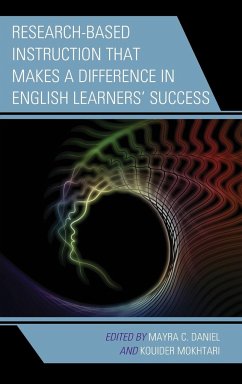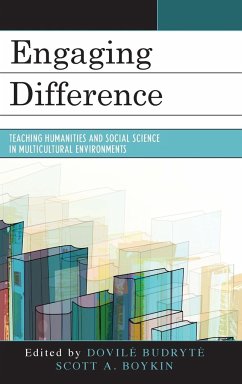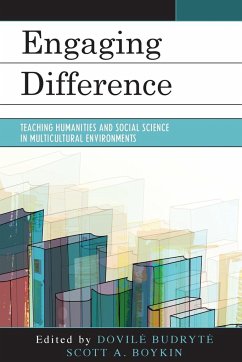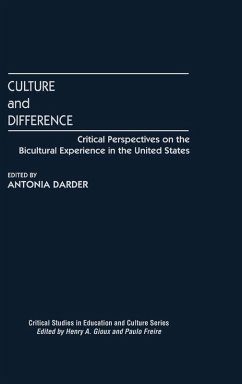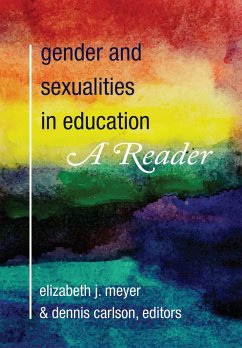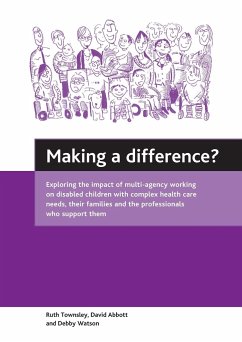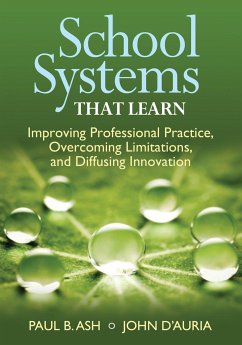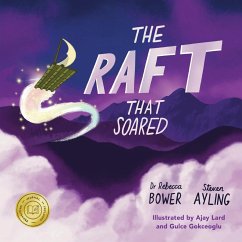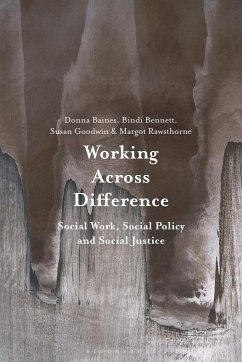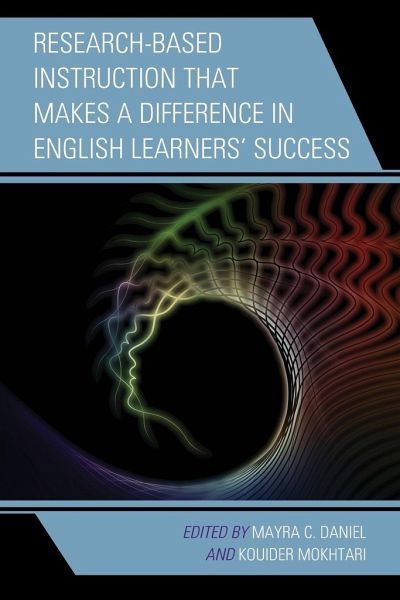
Research-Based Instruction that Makes a Difference in English Learners' Success
Versandkostenfrei!
Versandfertig in 1-2 Wochen
60,99 €
inkl. MwSt.

PAYBACK Punkte
30 °P sammeln!
The content of the book integrates new and emerging research and policy insights that inform effective teaching of ELs across the disciplines. The chapters in this book will in ways to give teachers the tools they need to improve the quality of instruction in classrooms with ELs in grades K-12 both in the United States and around the world.



